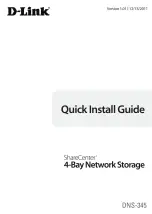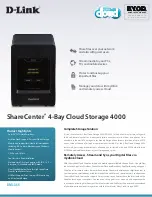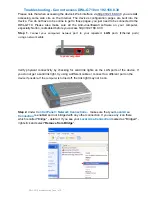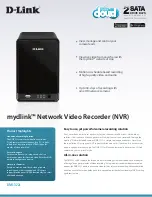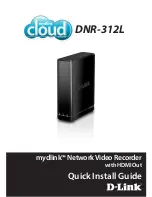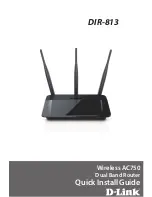
©
National Instruments Corporation
3-1
NI CVS-1450 Series User Manual
3
Digital I/O Functionality
This chapter describes the primary functions of the digital inputs and
outputs on the NI CVS-1450 device. This chapter also includes guidelines
for connecting digital I/O and for setting up a typical NI CVS-1450 device.
Overview
The digital I/O functions are accessible through 2 TTL inputs, 10 TTL
outputs, 13 isolated inputs, and 4 isolated outputs.
You can use input signals as triggers, product selection ports, or to read
quadrature encoders. Uses for output signals include controlling camera
reset and exposure, controlling strobe lighting, outputting inspection
results, or communicating with PLCs. Refer to the NI-IMAQ I/O
documentation and examples in the following location:
•
<LabVIEW>\examples\imaq\imaqio.llb
You can also define custom functions for the digital input and output
signals. For information about how to use the LabVIEW FPGA Module to
implement custom digital I/O functions, refer to the application software
documentation and examples in the following location:
•
<LabVIEW>\examples\imaq\imaqio fpga.llb
The
NI-IMAQ I/O Terminal Reference Help
contains digital I/O reference
information and instructions for using the LabVIEW FPGA VIs.
Tip
To quickly launch the digital I/O help from a LabVIEW example, press <F1>.
TTL and Isolated Inputs and Outputs
This section describes the TTL and Isolated I/O functions available on the
NI CVS-1450 device.































